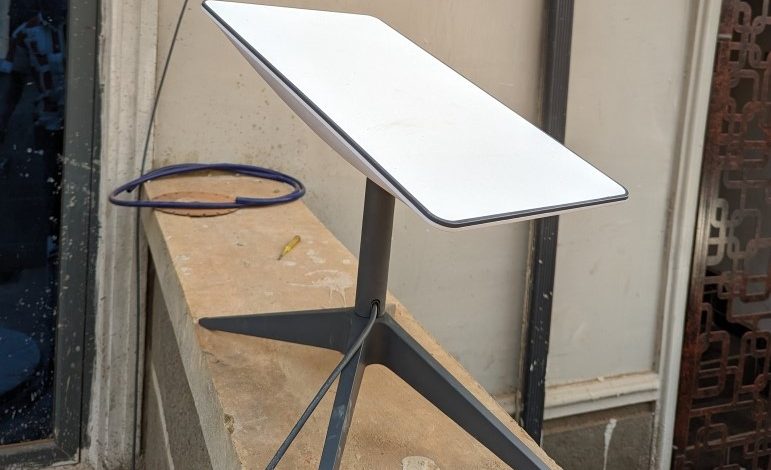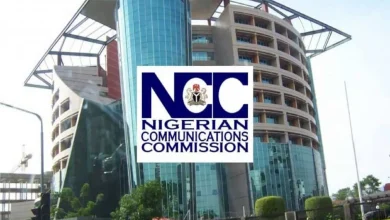Mali temporarily lifts Starlink ban for six months to create new rules

On Friday, October 11, Mali’s military government announced that it has lifted its seven-month ban on importing and selling Starlink satellite Internet kits.
This decision marks a significant change in how the country approaches Internet access, allowing citizens to reconnect to Elon Musk’s satellite-based service for six months while officials work on a new regulatory framework.
The ban, which was imposed in March 2024, stemmed from concerns that Starlink kits were being misused by armed groups, especially in northern and eastern Mali, where separatist and jihadist violence has been a problem. Authorities were worried that unauthorized users could enhance communication for groups linked to Al-Qaeda and ISIS.
Despite these concerns, Starlink’s advanced technology has been essential in providing Internet access to remote areas, including parts of Mali. Reintroducing the service presents both opportunities and challenges for a country facing political and economic instability.
A statement from the Malian government following a cabinet meeting explained that the six-month period will allow regulators, Internet service providers, and licensed operators to collaborate and ensure the technology is used safely and legally.
However, authorities remain cautious about previously sold kits that might still be operational and could potentially be in the wrong hands. During the initial ban, the government had committed to dismantling Starlink terminals due to national security concerns.
This recent decision represents a more balanced approach, as the government emphasizes the need to control Starlink access within a legal framework. Mali has been battling insurgency and extremism since 2012, and the government’s initial resistance to Starlink was driven by the need to limit Internet access in conflict zones.
Many believe that restricting Internet access could hinder economic growth and education, especially in rural areas. The temporary reinstatement of Starlink services is seen as a way to address these conflicting needs, allowing for connectivity while trying to prevent the Internet from being exploited by insurgents.
This development comes as other African nations are also considering the introduction of Starlink. In South Africa, discussions between Elon Musk and President Cyril Ramaphosa have suggested a potential future launch, although regulatory challenges remain.





